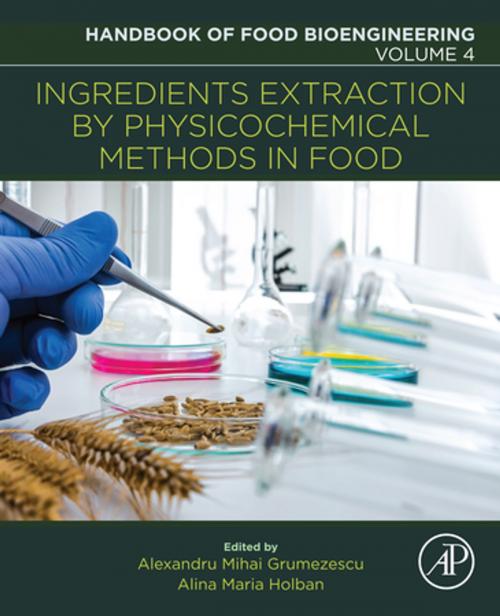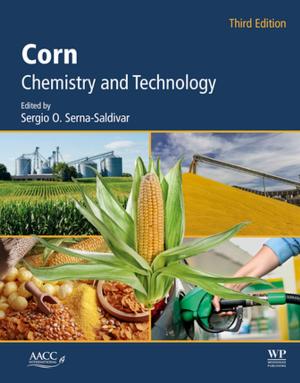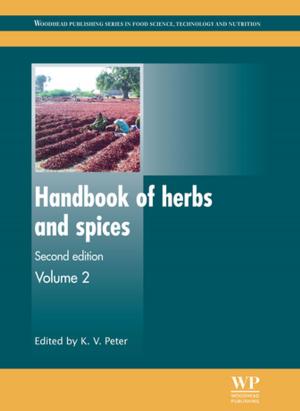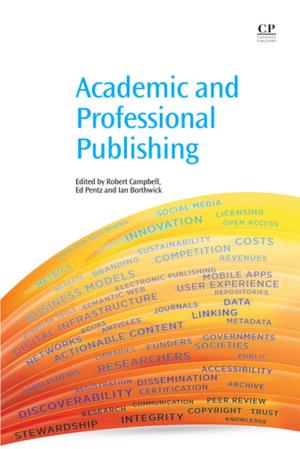Ingredients Extraction by Physicochemical Methods in Food
Nonfiction, Science & Nature, Technology, Food Industry & Science| Author: | ISBN: | 9780128112021 | |
| Publisher: | Elsevier Science | Publication: | July 26, 2017 |
| Imprint: | Academic Press | Language: | English |
| Author: | |
| ISBN: | 9780128112021 |
| Publisher: | Elsevier Science |
| Publication: | July 26, 2017 |
| Imprint: | Academic Press |
| Language: | English |
Ingredients Extraction by Physico-chemical Methods, Volume Four*,* the latest release in the Handbook of Food Bioengineering series, reveals the most investigated extraction methods of ingredients and their impact on the food industry. This resource describes types of ingredients that may be extracted through physico-chemical methods (i.e. specific plants, fruits, spices, etc.), along with their particularities to help readers understand their biological effect and solve research problems. The extraction methods of bioactive compounds and functional ingredients are discussed, along with information on green ingredient extraction strategies to help reduce harmful environmental and health effects.
Extraction methods in this book can be applied for multiple purposes within the food industry, such as ingredients separation for food development, the purification and separation of toxic compounds from a food mixture, and the recovery of natural bioactive compounds.
- Offers advanced knowledge and skills of physiochemical analysis for ingredient extraction
- Presents various methods for food component analysis to evaluate structure function relations in changing environments
- Discusses the importance of enzymes during processing and storage of foods
- Includes methods to evaluate and enhance extraction, such as ultrasound, to produce novel foods more efficiently
Ingredients Extraction by Physico-chemical Methods, Volume Four*,* the latest release in the Handbook of Food Bioengineering series, reveals the most investigated extraction methods of ingredients and their impact on the food industry. This resource describes types of ingredients that may be extracted through physico-chemical methods (i.e. specific plants, fruits, spices, etc.), along with their particularities to help readers understand their biological effect and solve research problems. The extraction methods of bioactive compounds and functional ingredients are discussed, along with information on green ingredient extraction strategies to help reduce harmful environmental and health effects.
Extraction methods in this book can be applied for multiple purposes within the food industry, such as ingredients separation for food development, the purification and separation of toxic compounds from a food mixture, and the recovery of natural bioactive compounds.
- Offers advanced knowledge and skills of physiochemical analysis for ingredient extraction
- Presents various methods for food component analysis to evaluate structure function relations in changing environments
- Discusses the importance of enzymes during processing and storage of foods
- Includes methods to evaluate and enhance extraction, such as ultrasound, to produce novel foods more efficiently















